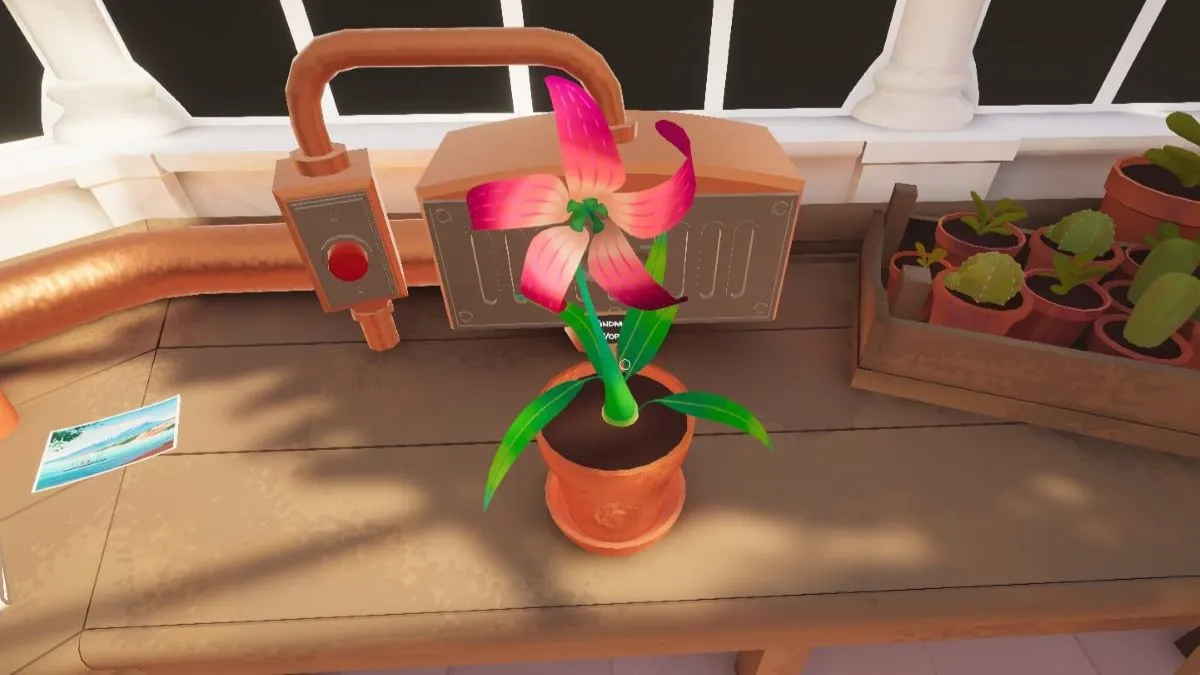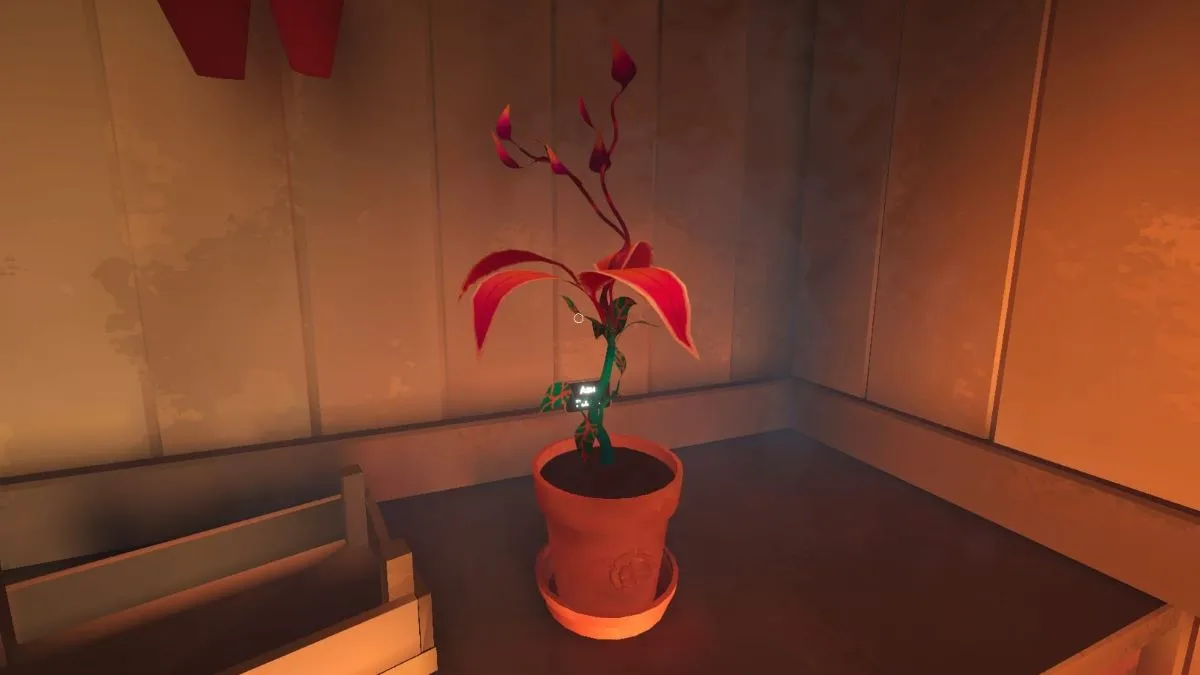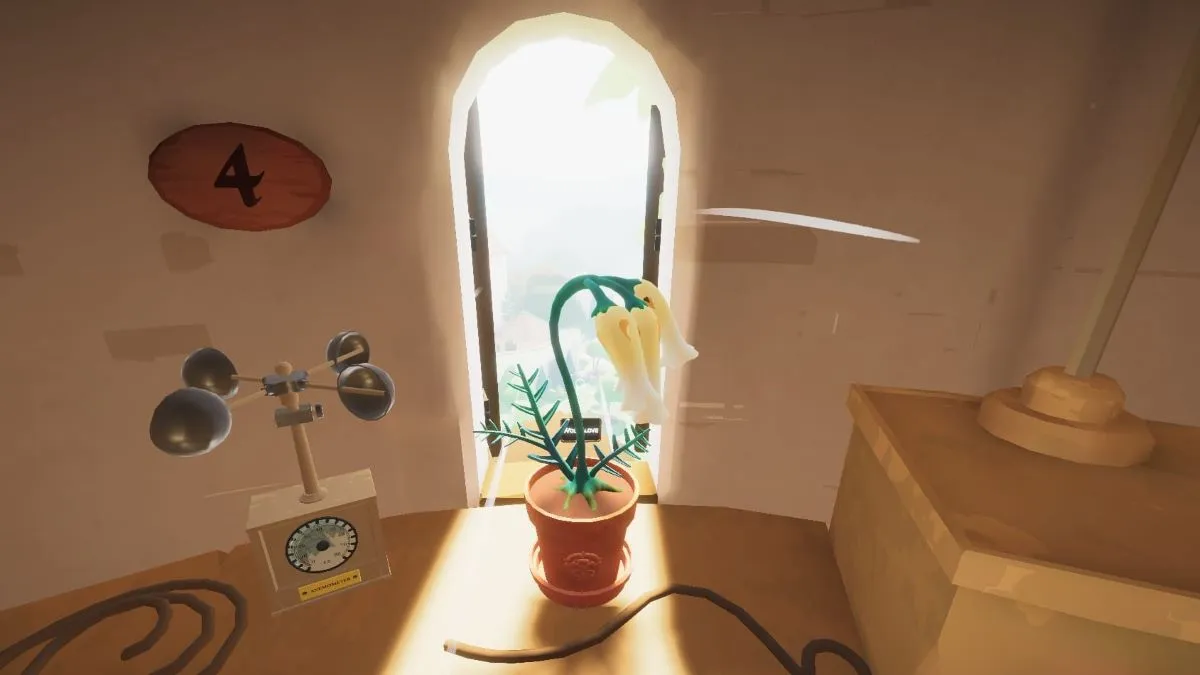Or, I’m sorry if you’re real, Coda
The Beginner’s Guide released a couple days ago, and it made me feel stuff. If you are not averse to having feelings, you might want to play it. More importantly, if you have not yet played it, you probably don’t want to continue reading.
I was intentionally vague in the review with respect to particular narrative elements, because reading about them would weaken their impact compared to experiencing them first hand. But we’re going whole hog with this one. That’s right, people: spoilers ahead. Let’s actually talk about it now.

When the game begins, writer and narrator Davey Wreden talks about a person he used to know named Coda. He builds a history between them: they met at a game jam, Wreden was fascinated by Coda’s games, this one particular game was the first Wreden saw though it isn’t the first presented to us, and so on. He inserts little details about the relationship, like how they used to argue about whether games need to be playable to be meaningful.
Given the mundane setup, there’s no reason not to take Wreden at his word. He speaks directly to us, letting us know our role. We are people playing a collection of art games, and he is our guide through it all. Everything fits as a nonfiction work.
As we play further, we see the games get darker in tone. Coda crafts inescapable prisons. He has players destroy the machine that produces his ideas. He creates game worlds with obstacles that are impassable without altering the code.

Not only that, but the time between each “release” increases. In the beginning, Coda’s games have only a few weeks between them. Toward the end, he is spending months. Wreden takes notice, and he worries about his friend. At this point, I was a little worried myself.
So Wreden went on to show Coda’s games to others, thinking the validation of hearing how good his stuff is might work him out of his funk. This sets in motion the climactic sequence, a game built specifically for Wreden. After some grueling tasks only surmountable through attrition or reprogramming, we come to a hallway filled with messages. They are the first explicit thoughts we get from Coda, after a whole game of supposing from themes and symbolism. And the message is clear: Davey, stop trying to analyze me and stop showing my games off as if they were yours to share.
This sequence hit me hard. “Oh god,” I thought, “I’ve been wading through this guy’s personal space this whole time without his permission.” I felt like I just took part in something terrible. I felt a chill run down my body. I felt awful.

Wreden addresses the irony himself, in his increasingly distraught voice over. By releasing The Beginner’s Guide, he’s doing the exact opposite of what Coda wanted, and he’s a terrible person for it, but he just can’t get it out of his mind and he needs help finding Coda, to find out what makes him tick.
It was here I went back through other details I hadn’t previously given much thought. In the original email chain Davey Wreden sent to Destructoid, he made it clear William Pugh, his collaborator on The Stanley Parable, was not involved in this project. At the time I shrugged it off as an unimportant piece of information for my purposes. Looking back on it, it only gave more credence to the whole narrative; Wreden wanted to leave Pugh out of this, making sure everybody knows he alone had done a very bad thing.
But then I thought about one thing: the price. Wreden is selling The Beginner’s Guide for 10 dollars. He took a collection of somebody else’s games, which include a game about not sharing his games, and is selling it for profit. That’s just unthinkable.

Suddenly, the illusion popped. I had been taken for a ride. Coda is not real. He never was.
Herein lies the paradox. As a complete narrative package, The Beginner’s Guide had me fooled. I was so emotionally invested in the history and events because it felt so real. I felt genuine regret over my actions affecting a real person in this world. But the entire history surrounding Coda is a fabrication. It has to be.
Wreden crafted a fiction so convincing I was sad and angry. I couldn’t stop thinking about it. Isn’t that worth 10 bucks? For me, there’s no question. Of course it is. But the fact it costs anything pulls back the curtain on it. Would the experience be even more powerful if it were free? I think so. I would probably still think Coda is real if it weren’t for this detail.
The Beginner’s Guide is easily worth the price, but it would be worth even more if it cost nothing.




